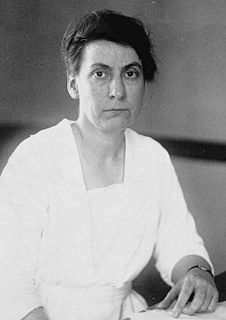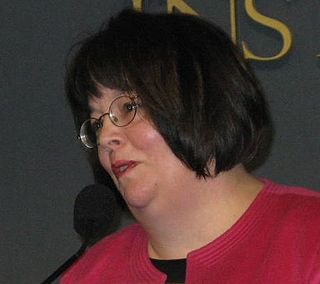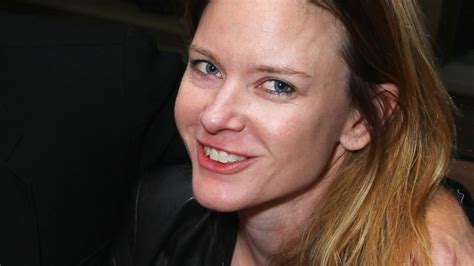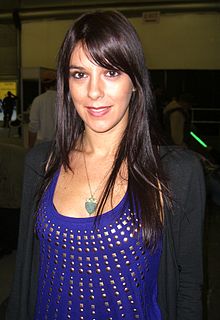A Quote by Alison Gopnik
From an evolutionary perspective children are, literally, designed to learn. Childhood is a special period of protected immaturity. It gives the young breathing time to master the things they will need to know in order to survive as adults.
Related Quotes
Children, it should be repeated, are not pocket editions of adults, because childhood is a period of physical growth and development, a period of preparation for adult responsibility and public and private life. A program of children cannot be merely an adaptation of the program for adults, nor should it be curtailed during periods of depression or emergency expansion of other programs.
Young children learn in a different manner from that of older children and adults, yet we can teach them many things if we adapt our materials and mode of instruction to their level of ability. But we miseducate young children when we assume that their learning abilities are comparable to those of older children and that they can be taught with materials and with the same instructional procedures appropriate to school-age children.
From childhood on, both males and females learn to do whatever we need to do to get the attention we need to survive. We fashion ourselves accordingly. And then, should that attention ever go away, it's only natural to do the same things we've always done, rely on what we've always relied on, in order to make it come back.
Childhood is analogous to language learning. It has a biological basis but cannot be realized unless a social environment triggers and nurtures it, that is, has need of it. If a culture is dominated by a medium that requires the segregation of the young in order that they learn unnatural, specialized, and complex skills and attitudes, then childhood, in one form or another, will emerge, articulate and indispensable.
You know, people always warn children about taking candy from strange adults. But they never warn us adults about taking candy from strange children. All those sweet-looking kids who sell boxes of candy bars on the street to help pay for schooling - how do we know what's in those bars? And don't even get me stated on that nefarious institution designed to lure unsuspecting customers into buying mysterious frosted goodies: the bake sale. Adults, be warned: if a child wanted to poison you it would be a piece of cake! Literally a piece of cake.
Implanting spiritual ideas in children is very important. Many people live their entire lives according to the concepts that are implanted in them in childhood. When children learn they will get the most attention and love through doing constructive things, they will tend to stop doing destructive things. Most important of all, remember that children learn through example. No matter what you say it is what you do that will have an influence on them.
I know it is hard for you young mothers to believe that almost before you can turn around the children will be gone and you will be alone with your husband. You had better be sure you are developing the kind of love and friendship that will be delightful and enduring. Let the children learn from your attitude that he is important. Encourage him. Be kind. It is a rough world, and he, like everyone else, is fighting to survive. Be cheerful. Don't be a whiner
Incredibly, nearly 70,000 Young Adults between 15-39 are diagnosed with cancer each year. 10,000 will not survive. This is a very important stat for me, because I fall in this category. I am one of these statistics. Unlike every other age group, there has been no improvement in the 5-year survival of young adults in 30 years. That means many young adults have the same chance of getting cancer and dying from it as they did in the 1970's. This is not OK.
Young persons, because of their immaturity, may not fully comprehend the consequences of their actions and should therefore benefit from less severe sanctions than adults. More importantly, it reflects the firm belief that young persons are more susceptible to change, and thus have a greater potential for rehabilitation than adults.






































